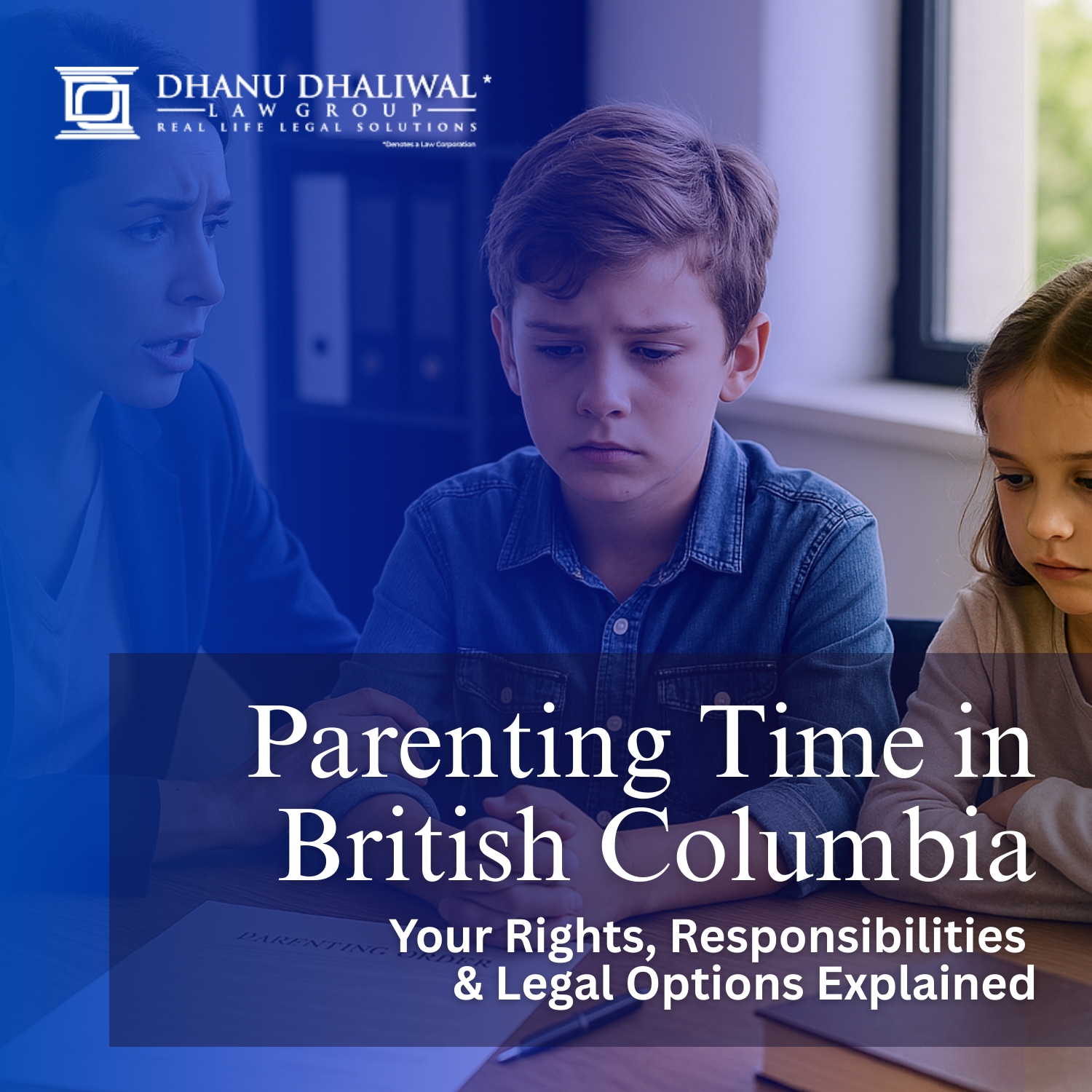There are lots of articles and lists out there telling you what you should do in divorce court, how you should behave, and things that can help you get an edge over your partner.
This article is not that.
Today, we’re actually talking about what you shouldn’t do in a custody trial.
This is because a family court appearance is about convincing the judge that your side of the argument is the correct one. You need to convey that you are reasonable, well-intentioned, and deserving of your demands. That way, a judge will be more inclined to rule in your favor.
Your custody battle is about proving that you are deserving of the right to parent your children as you see fit, and that your children would be better off in your care than in your ex’s.
So make sure you don’t do these ten things, unless you want to lose your case in family court.

Biggest Custody Battle Mistakes
1. Don’t Pay Child Support
This one is pretty simple. If you are legally required to, you obviously need to pay child support. But still, a lot of people refuse to pay child support, yet still want custody of their children.
We get it, to some extent – if you want full custody of your child, why should you have to pay child support too?
Well, for one, if you are currently expected to pay child support, that means you do not currently have full custody. You’ll need to prove in court why you deserve full custody, but until you do, you must follow the rules that were dictated to you by a judge or written in your separation agreement.
Judges expect parents to financially support their children. It is not the children’s fault that their parents are not living together. If the children are living most of the time with the other parent, you should continue to make sure they have the financial support they need.
Judges are very impressed when a parent voluntarily pays child support. This can also help your chances of getting full custody down the road.
2. Involve the kids in the fight
Involving your kids in the fight is one of the biggest custody battle mistakes you can make.
Divorce is already stressful enough on children.
Involving them in the fight by making them choose sides or using them as leverage against your ex will bring them even more stress. It can actually affect a child’s brain development.
Nothing angers a judge more than one parent involving the children in the fight. If they discover that you’re purposefully involving your kids in your divorce, things will not go over well for you.
Ideally, your children shouldn’t even see your fight, but we understand that things can get messy. There’s a huge difference between involving your kids for your own gains and your kids being involved because of an abusive spouse or other emergency situation.
3. Don’t Encourage the Kids to Spend Time With A Parent
Despite what you may wish, you don’t have a right to cut your ex off completely from your children. It is a child’s legal right to know both parents. Even murderers and rapists get supervised access because children benefit from knowing their parents. Judges actually take custody away from parents who try to destroy the children’s relationship with the other parent.
If your ex is abusive to your children, or if you truly believe that your children would be better off without your ex in their lives, there are options, like child protection services. This is something you will need to pursue on its own however, and something that Dhanu Dhaliwal Law Group can help you with.
Mohit and Uphar are life savers, they saved me and all 5 of my children. Hard workers and caring people who really paid attention to what matters.
Uphar is a fantastic lawyer. She is compassionate, competent and has incredible character. Family law matters can be extremely complex and emotional…
…and I find that Uphar has the ability to provide you with exceptional guidance and solid advice that will help you find the right path. She is incredibly thorough, responsive and diligent. She truly cares about her clients and the work that she does. Uphar practices law wholeheartedly and this is what makes her so special. I would highly recommend Uphar and her team for any family law matters that you may have.”
The best immigration lawyer! Practice US and Canada immigration. Helped me finally unite my family. Uphar and team are amazing!
Compassionate, competent counsel who put their clients first. Highly recommended.
**5 Stars for Uphar Dhaliwal – A True Legal Champion!**
If you’re looking for a superhero in the legal realm, look no further than Uphar Dhaliwal! During one of the most stressful periods of my life, when I desperately needed more time with my daughter, Uphar and her dedicated staff were nothing short of miraculous. They not only alleviated my anxiety but also fought valiantly on my behalf. Uphar single-handedly took on two opposing lawyers, showcasing her prowess and commitment. She is truly the Wonder Woman of law! “In Uphar, I trust” is not just a phrase—it’s the reality of her impeccable service and results. If you ever find yourself in a legal bind, remember to call Uphar on the double!
Mohit and Uphar are life savers, they saved me and all 5 of my children. Hard workers and caring people who really paid attention to what matters.
4. Breach or Ignore Court Orders
Judges work pretty hard to become judges. They are generally well respected for their wisdom and insight. Accordingly, judges expect you to give them respect and do what they say. If you don’t want a judge to tell you what to do, you should not be in court. When a judge tells you to do something, it’s not like another person telling you. When a judge orders you to do something, you are legally required to do it, or you could go to jail.
5. Secretly Hide Money or Transfer Assets
The law will say how the family’s money should be divided. Unless you have a marriage contract, a cohabitation agreement or some other form of agreement, you can’t change that. Moving assets to keep the court from giving them to another party is illegal. It shows the court that you are willing to break the rules and you need to be taught a lesson.
6. Lie
Don’t think you can get away with lying – especially when the other party has a family lawyer. Family Lawyers get very good at finding out when people are lying. Get caught once, and the court will assume everything you say from then on is a lie. That makes it hard to get your way.

7. Choose Not to Use a Lawyer
Not using a lawyer when you are able to, sends the court the message that you don’t want to listen to professional advice; and that’s a bad place to start. You then need to rely on your own judgment when you are involved in a very emotional and stressful event. Add to that the fact that you don’t know the court rules or the law. Plus, if the other party has a lawyer, there is a person helping them make you look bad.
8. Refuse to Give Financial Disclosure
By law, in cases involving support or property division the other side is allowed to know virtually everything about your financial situation and it is your obligation to tell them. If you don’t give disclosure quickly, judges will assume that you are either hiding money, trying to lie, trying to complicate matters or make them more expensive for everyone, or trying to delay. The law gives judges lots of powers to punish people who refuse to make their financial disclosure quickly.
9. Take Every Opportunity to Slam the Other Party
At one point, you had some sort of relationship with the other party and you at least liked them. So you saw some good qualities. (Unless the other party is a children’s aid society, whose role in protecting children is considered pretty respectable.) Attacking the other party at every turn makes you seem angry, vindictive and irrational. Who feels sorry for people like that. Not judges.
10. Don’t Show Up For Court
If you have been served, the court can make an order against you, even if you don’t show up. This will only result in the other party getting what they want because you did not show up to tell your side of the story. Then, even if you weren’t there, the court can enforce the Order against you if you don’t comply with it.
Now, you can’t win a custody battle just by simply following these 10 “don’ts.” You’ll need to be proactive as well.
The family lawyers at Dhanu Dhaliwal Law Group can help you get custody of your children through the best means possible. Contact us today for an initial consultation, so we can work together to find the best path forward for you and your family.
Call us at the number above or fill out our confidential contact form to get started.






